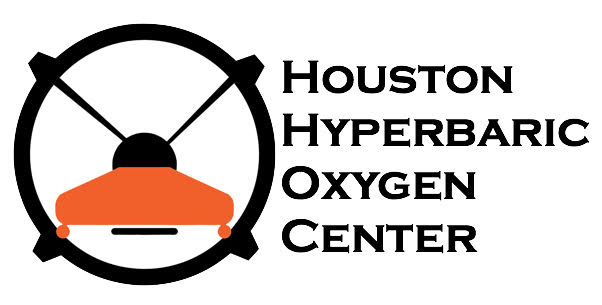Radiology
Benefits from Hyperbaric Oxygen Therapy
It is estimated that one-third of U.S. hyperbaric oxygen therapy users are being treated for late effects of radiation therapy. Hyperbaric oxygen therapy is recognized by the FDA for a number of medical conditions, all of which are generally covered by insurance. HBOT is FDA-approved for radiation tissue injuries. Hyperbaric oxygen therapy has been successful with many patients following radiation treatment by improving the oxygenation of the damaged tissues.
Research investigating the effects of hyperbaric oxygen therapy on radiation injuries showed that HBOT is a safe treatment modality for radiation therapy induced soft tissue injuries. Symptoms were alleviated in over 75% of the patients and the improvement in symptoms was lasting for more than 6-12 months after receiving hyperbaric oxygen therapy. Most symptoms related to delayed radiation injury can cause major disruption in a patient’s daily activities. HBOT can help improve these symptoms. In a study presented by Cardinal et al., 84% of radiation-induced hemorrhagic cystitis patients had partial or complete resolution of symptoms. HBOT is even shown to reduce edema, ischemia, and tissue inflammation related to cerebral radiation and offer a neuroprotective effect to the brain.
- The role of hyperbaric oxygen therapy in the treatment of radiation lesions
- Hyperbaric oxygen treatment of mandibular osteoradionecrosis
- Prospective assessment of outcomes in 411 patients treated with hyperbaric oxygen for chronic radiation tissue injury
- Retrospective audit of the use of the Marx Protocol

